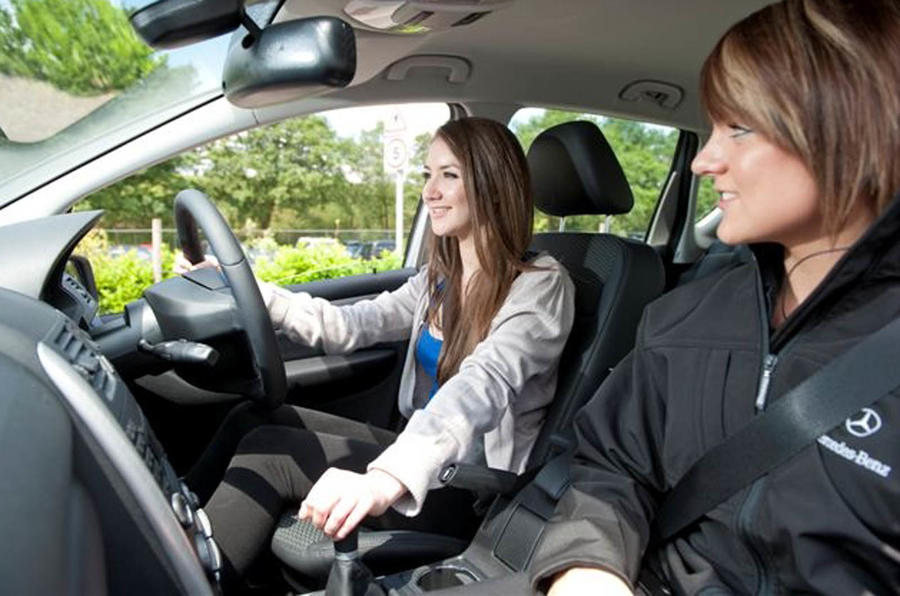The fact that 'millennials' make up a fast declining proportion of the car-buying public has been bothering car makers for years, more so in recent years because all sales have been in the doldrums.
Marketing types have been wondering whether the recovery – when it came – would involve these people, and whether there was anything they could do to rekindle their interest.
The problem is real enough. Figures I’ve seen suggest that the proportion of under 25s buying new cars has fallen a third in 15 years, and that 20 per cent fewer 18-year-olds currently hold driver’s licences than they did in the 1960s and ’70s, when my friends and I aimed to sit our licence test on our 17th birthday.
In 2009, Ford vigorously targeted young US buyers with the new Ford Fiesta – and did okay for 18 months – until sales fell by a third in 2012 compared with 2011.
The Japanese have been so alarmed by the retreat of young buyers that they’ve been producing concept cars whose décor and dash graphics mirror those of smartphones and computer games (whose popularity is not in doubt). “Today’s young people don’t want a car,” says one expert, “they want an experience.”
My own view of the truth – garnered mostly from an absorbing recent chat with a trio of London-based 'Generation Y' types – is it that the decline of young people’s car ownership is the outcome of a bewilderingly complicated set of circumstances, the first and simplest of which is that cars, like mortgages, are damned expensive.
Other factors are that today’s overprotective parents are prepared to do the driving, that today’s licence test is enough of a hurdle to deter many, that insurance, fuel and parking are cripplingly costly and that it’s cool to cycle.
However, my trio had two points of reassurance for the motor industry. One was a certainty that a move into car ownership was coming: all saw houses and families as the future and reckoned owning a car or two would help.










Join the debate
Add your comment
The cost factor
My experiance
I started off in a brand new rover 25 (not cool at all), got it for 8k - 1.4 impression - I was lucky my dad needed a car too but only very occasionally so we shared it. Now we would get done for fronting potentially.
Anyway - I kept this little rover for 7 years mainly because I moved out at 19 and got a flat with 95% mortgage - again my mum and dad helped me as I was £2k short of deposit.
I dreamed of owning a newer car - all my mates had one - and I had this little rover 25 1.4. It worked fine - never had any trouble with it and still see it as my mums neighbour bought it when my dad passed due to wanting a cheap runaround.
In the end part of me has got the last laugh, although I missed out on drinking endless number of pints on a friday / saturday night. I now sit in a house where my friends could only dream of owning due to spunking cash on new cars etc. I don't live in a posh house - its only a 3 bed semi - but ask any of my friends what they would want more than anything and they would say a house. Ask anyone on the street and generally its a house - I am only 30.
My Experience
I passed within 2 months of turning 17. I bought a 1.0 Vauxhall Nova from a friend who went to uni, paid him £350 for it (it was basically scrap). It cost me £1300 for a years insurance, plus the cost of fuel - it was EXACTLY £1 per litre when I passed my test.
9 months later I went to uni, swapped it for a 1.6 Astra (P Reg) which cost me an additional £370 per year to insure.
With many cars in between - including working as a sales executive for Mercedes-Benz and Jaguar, and owning beautiful company cars during that time - I'm now 24 years old. I came out of car sales with no no claims bonus (constantly changing cars meant there's no track record of my lack of claims) and as such, even though I'm in an excellent job earning decent money and paying a mortgage, I'm forced to drive a 68k mile 1.0 Toyota Yaris (51 plate) for insurance purposes, and with Admiral I'm paying £102 per month for this, plus the £180 a year tax, plus the costs of keeping a 13 year old car going (even a Toyota).
I'd love to be able to have a brand new car, perhaps a Focus, a Juke or a 208. Average PCH costs on one of these are about £250 per month - plus the cost of insuring a brand new car with no no claims bonus even at 24 years old.
Simply cannot afford to burn that kind of cash each month - at least £400 per month all in, plus the cost of my mortgage (£422 a month) plus my various living costs, let alone actual spending money and disposable income.
It's barely affordable at times to run an old car that I paid £1100 for in modern times, and I'm on over £30k a year. God help teenagers.